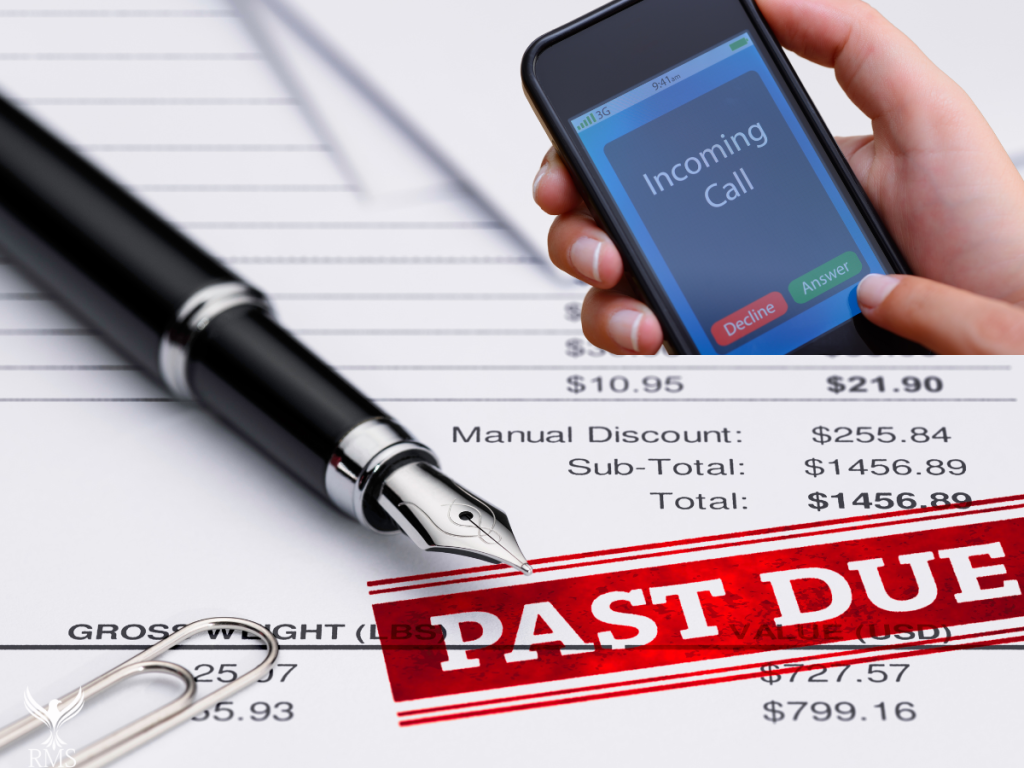Dealing with debt collector calls can be overwhelming, especially when they seem never-ending. These calls often cause anxiety, stress, and frustration, but there are ways to regain control of your phone and your peace of mind. The good news is that you have rights, and by understanding how to manage debt collectors and taking proactive steps, you can reduce or even block 99% of these intrusive calls.
In this blog, we’ll walk through practical strategies, legal options, and tech solutions to help you minimize those annoying calls from debt collectors.
Understand Your Rights Under the Law
The first step in blocking debt collector calls is understanding the legal protections available to you. The Fair Debt Collection Practices Act (FDCPA) is a federal law that governs how debt collectors must behave when contacting you. Knowing your rights under the FDCPA gives you the power to stop many of these calls.
Here are some key rights under the FDCPA:
Collectors must contact you at reasonable times: They are not allowed to call you before 8 a.m. or after 9 p.m., unless you’ve agreed to it.
No harassment allowed: Debt collectors cannot harass you with repeated calls, use abusive language, or make threats.
Stop calls by request:You have the right to tell a debt collector to stop contacting you. More on how to do this later.
No calls to work: If you tell a debt collector that your employer does not allow personal calls, they must stop calling you at work.
Step 1: Ask Them to Stop Calling
One of the most effective ways to stop debt collector calls is by requesting, in writing, that they stop. This is your right under the FDCPA. Once a debt collector receives your written request to cease contact, they can only reach out to inform you of two things:
That they are no longer pursuing the debt.
That they intend to take a specific legal action, such as filing a lawsuit.
Here’s how to do it:
Send a written letter: Draft a clear and concise letter to the debt collector stating that you wish for all phone contact to stop.
Send via certified mail: Always send this letter by certified mail with a return receipt, so you have proof that the debt collector received it.
Keep a copy for your records: Maintain a copy of the letter and the receipt as evidence in case of future disputes.
After receiving this letter, the debt collector is legally required to stop contacting you by phone.
Step 2: Use Technology to Block Calls
Beyond legal protections, you can leverage technology to block debt collector calls. Most smartphones and telecom providers offer tools to help you limit unwanted calls. Here are some tech solutions to consider:
For Smartphones:
Block individual numbers: Both iPhones and Android phones allow you to block specific numbers. While this won’t stop all debt collector calls, it can help reduce the number of times they reach you from the same number.
Enable “Do Not Disturb” mode: You can configure this setting to only allow calls from contacts in your phone book, blocking calls from unknown numbers, including debt collectors.
Install call-blocking apps: Several apps are designed to block spam and unwanted calls, including calls from debt collectors. Some popular options include:
RoboKiller: Blocks debt collectors and telemarketers and even answers with a prerecorded message.
Truecaller: Identifies spam numbers and blocks them before your phone rings.
Nomorobo: Specifically designed to block robocalls, including many automated debt collector calls.
For Landlines:
If you still use a landline, you have a few options:
Call-blocking devices: These devices can be attached to your phone line and block calls from known spam or debt collector numbers.
Contact your provider: Many landline phone service providers offer call-blocking services. Contact your provider to see if they have features that can reduce unwanted calls.
Step 3: Verify the Debt and Seek a Debt Validation
If you’re receiving debt collection calls, it’s important to ensure that the debt is legitimate. Sometimes, debt collectors pursue outdated or invalid debts. Under the FDCPA, you have the right to request validation of the debt. This means the debt collector must provide proof that you owe the debt.
Here’s how to request validation:
Send a debt validation letter:In the letter, ask the debt collector to provide proof of the debt, such as the original creditor’s name, the amount owed, and evidence that the debt is still legally collectible.
Submit within 30 days: You must send this letter within 30 days of the first time the debt collector contacts you. Once they receive it, they are required to stop contacting you until they provide the requested proof.
If the debt cannot be validated or is too old to collect (based on the statute of limitations in your state), you may be able to eliminate further calls entirely.
Step 4: Report Harassment and Violations
If debt collectors continue to call you after you’ve requested they stop, or if they engage in illegal behavior (such as harassment or threats), it’s important to report them. Here’s what you can do:
File a complaint with the Consumer Financial Protection Bureau (CFPB):The CFPB oversees debt collection practices and can investigate violations of the law. Visit their website to file a complaint.
Contact your state attorney general’s office: Many states have additional laws that regulate debt collection practices. Your state attorney general’s office can help enforce these laws.
Consider hiring an attorney: If a debt collector is blatantly violating the FDCPA or state laws, you may be able to take legal action. Some attorneys specialize in consumer rights and can guide you through the process.
Step 5: Consider Debt Settlement or Bankruptcy as Last Resort
If the debt you’re dealing with is legitimate and overwhelming, and the calls persist despite your best efforts, it might be time to explore debt settlement or bankruptcy. While these should be considered last resorts, they can help put an end to collection efforts and give you a fresh financial start.
Debt settlement: This involves negotiating with the creditor to settle the debt for less than what you owe. Once a settlement is reached, the collector will stop calling.
Bankruptcy: Filing for bankruptcy provides automatic relief from all collection activities, including calls. It may not be an ideal option, but it can offer a clean slate if your debt situation is unmanageable.
Conclusion
Dealing with debt collector calls is stressful, but you don’t have to endure constant harassment. By understanding your rights, requesting that collectors stop contacting you, using technology to block calls, and ensuring that any debts are legitimate, you can block 99% of unwanted calls. If things escalate, don’t hesitate to seek professional help, whether it’s legal assistance or financial counseling.
Remember, you’re not powerless in this situation—you have options to take back control of your phone and your peace of mind.






Recent Comments